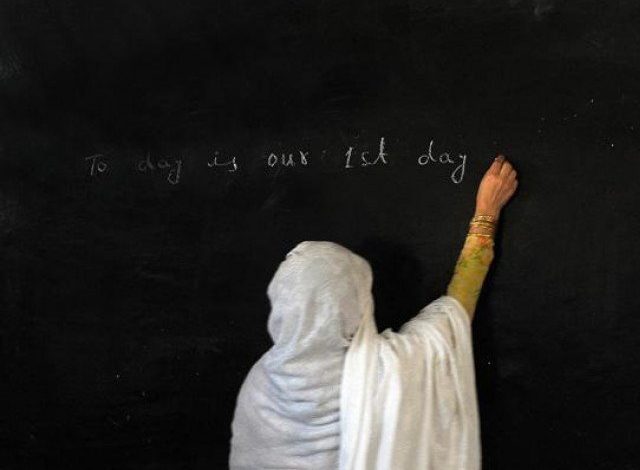
Recently, I had a revealing experience that shed light on why parents often favor private schools over government ones, despite the hefty fees associated with private education. My realization was prompted by a visit to a government school in Peshawar with my cousin, intending to enroll her there. However, what unfolded during that visit left me disillusioned and questioning the integrity of some educators.
On May 7, as we arrived at the government school, my initial optimism soon waned as we encountered a few teachers whose conduct tarnished the reputation of the entire institution. Not only did some teachers lack the moral integrity to impart values to students, but they also exhibited discourteous behavior towards visitors like myself. One female teacher responded rudely when I expressed my intention to enroll my cousin in ninth grade, curtly dismissing any possibility of admission with a terse "Get out of here!"
The elevated status of teachers, revered as the torchbearers of knowledge in society, contrasts starkly with the unprofessional conduct witnessed that day. As a believer in the teachings of the Holy Qur'an, I am reminded that Prophet Muhammad (PBUH) was sent as a teacher, emphasizing the sacred responsibility of educators. Yet, when teachers fail to uphold ethical standards, it raises concerns about the lessons being imparted to impressionable minds.
When I challenged her dismissive attitude and sought clarity on admission procedures, her response was dismissive and confrontational, reflecting a lack of accountability and professionalism. Despite her initial refusal, she eventually relented, albeit reluctantly, offering admission under subpar conditions due to the school's inadequate infrastructure.
Disheartened by the encounter, I sought refuge in another government school, where the educators exuded warmth and professionalism. Their ethical conduct and dedication to their students reassured me, prompting me to enroll my cousin without hesitation.
Reflecting on the ordeal, I couldn't help but ponder the implications of such behavior on education accessibility, particularly for marginalized communities. When educators exhibit unethical conduct and disrespect towards prospective students and their families, it creates barriers to education and perpetuates cycles of disadvantage.
If such behavior persists unchecked, it deters families from seeking education and undermines the fundamental right to education for all. As advocates for equitable access to education, we must address systemic issues and hold educators accountable for their actions to ensure that every child has the opportunity to learn and thrive.